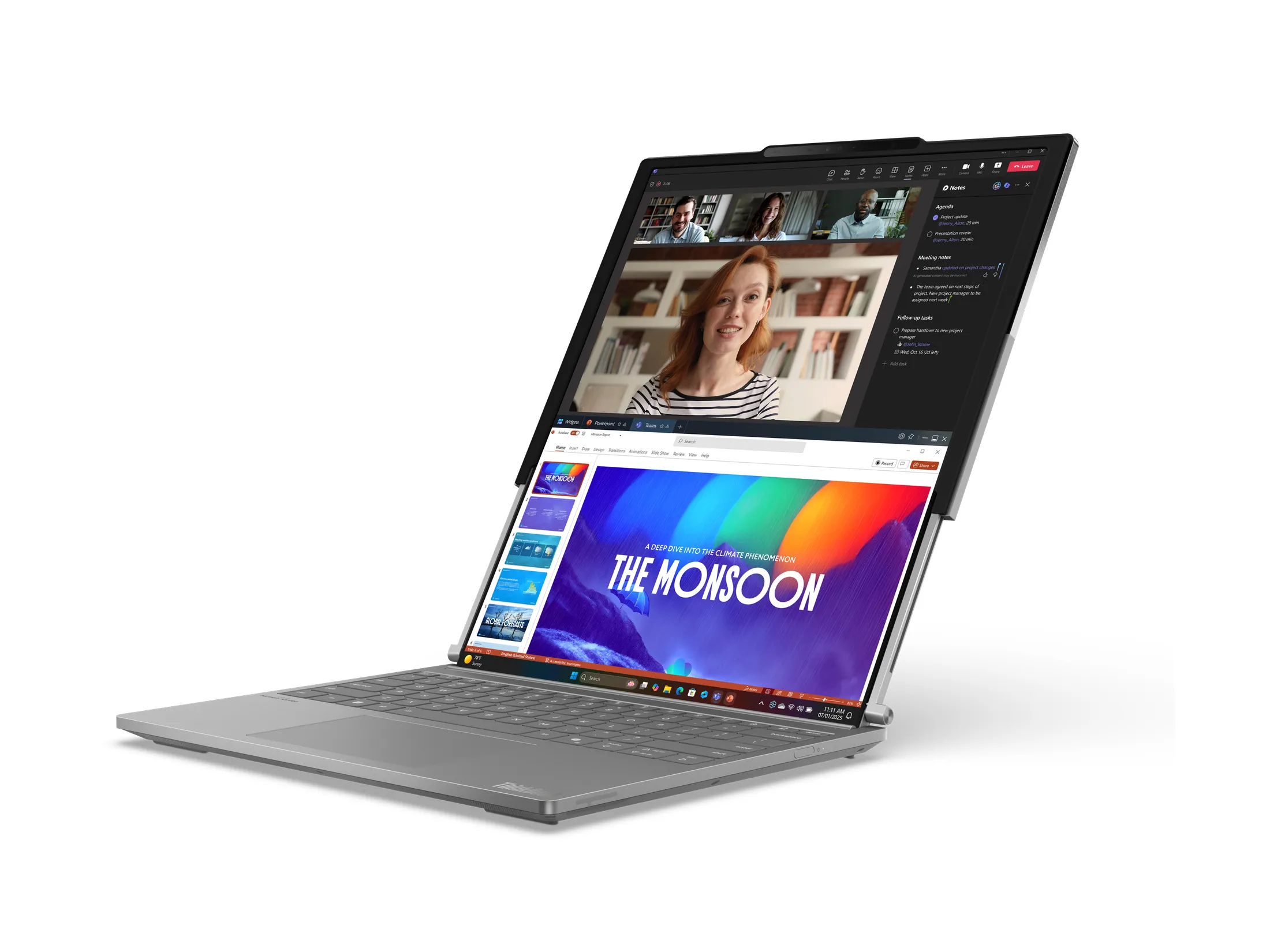
If you’re comparing PGP encryption providers, it’s probably because you value security and privacy. You don’t want people snooping around your emails, especially not cybercriminals who can use your personal information against you. If you’re a telecommunications user concerned about security, look for a PGP encryption provider with these 4 features.
1. Convenience
PGP encryption is easily accessible in the form of BlackBerry PGP encryption: an encryption provider will tailor a BlackBerry mobile device so that it’s highly secure and easy to use. The most secure way to accomplish this is to strip away non-email functions to prevent malware from infecting the device. Mobile devices are being compromised at never-before-seen rates; nearly 85 percent of global smartphones were infected with some type of malware in 2016.
2. They Own Their Own Data Center
PGP encryption provider Myntex owns its own data center and keeps it at their Canadian headquarters. Why is it important that your provider own their data center and house it onsite? First of all, it gives the provider complete control over their own data, so that they can troubleshoot problems, install critical updates themselves, control the temperature, and implement their own disaster recovery plan. Second of all, because servers and data centers fall under the laws of the country where they are physically located, wherever you or the company happen to be, it’s important that the data center be in a country that protects the privacy of its citizens. Finally, it’s important that a PGP encryption provider not actually host any data – your data, that is. It should arrive encrypted and be deleted after 24 hours, rather than stored unnecessarily.
3. No Blacklisting
The web was built on the freedom to communicate with anyone at any time; you want to be able to send emails to anyone, including your friends, clients, colleagues, and business partners. Unfortunately, not all PGP encryption companies believe in open communications. Some use blacklists that prevent you from communicating with people using competing encryption services. Companies that are committed to open communication like Myntex never block their competitors. They keep extensive whitelists of other well-regarded, reputable encryption companies in order to keep you safe, without trying to “edge out” the competition at your expense. Whether you’re doing business or just using encryption to protect your privacy, you have to be free to communicate with whomever you want, whether or not they share the same encryption service.
4. Local Resellers with Great Customer Service
While you rely on technology from your encrypted email provider, if you’re using a PGP encrypted BlackBerry, you’re paying a local reseller for the service. You want to choose an encryption provider that works closely with its resellers to provide superior customer service. When local resellers use prepaid SIM cards from the encryption provider, they can get your tailored device ready and activated in a matter of minutes. If you don’t use these SIM cards, it can take days to get your device activated. You should also be able to talk to your local reseller if your mobile device is lost or stolen so that they can execute a remote wipe 24/7. Remote wipe is your last line of defense when your privacy has been compromised, and the right provider makes the feature easy and accessible.
The digital world is changing and security is more important than ever before. Tech media has claimed that “hacking has gone mainstream” – increasingly, people see hacking the way they see car accidents, inevitable. But with PGP encryption, it doesn’t have to be; and make no mistake, becoming the victim of cybercrime can quickly prove costlier than any fender bender you’ve been in.










